

Session 1: Building a Cannabis Lab
Steven Johnson, PhD, Dean, College of Science and the Environment, Lake Superior State University
The burgeoning cannabis industry in Michigan and beyond has produced a demand for trained chemists. This need for skilled workers with scientific experience spans from cultivation, to processing, to compliance. Many institutions have responded with various forms of training for individuals interested in employment within the sector. A review of cannabis education and a glimpse into what’s ahead will be presented.
Session 1: Building a Cannabis Lab
Ryan Ratzloff, CEO/President, Lion Labs
On the surface, entering the Processing space in the Cannabis Industry may seem straightforward – purchase the right equipment, acquire a property to accommodate it, assemble a team of experts to run it, and put high quality products and brands to market. However, all of these decision points are inter-connected and crucial to initial and long-term success. They are also fraught with opportunities for missteps that can result in crucial funding dollars being wasted/misdirected and to valuable time being lost. This session will aim to reveal some common areas where mistakes can be made as well as best practices to set your organization up for success.
Session 2: Product Safety
Anthony Macherone, Strategic Technical Scientist, Agilent Technologies
This presentation will discuss the ongoing controversy surrounding isomers of ∆9-tetrahydrocannabinol (THC). Are they synthetic, natural or both? Are they psychoactive? Are they legal? The presentation will also review various cannabinoid diastereomers and enantiomers, and the instrumentation required for proper analyses.
Session 2: Product Safety
Derek Wright, PhD, Associate Professor of Environmental Science, Lake Superior State University
Trace element analysis can be challenging for both new and experienced analysts, as low detection limits and accurate data can be difficult to maintain. One factor that frequently arises, is the myriad of potential sources of elemental contaminants, including sample preparation procedures, laboratory reagents, the analytical procedure, sample carryover, and the general laboratory environment. Based on more than two decades of experience in trace analysis, Dr. Wright will describe how to manage contamination in trace element workflows, while ensuring the production of accurate data.
Session 2: Product Safety
Alexander Adams, CEO, Cambium Analytica
Operating an analytical laboratory can present a host of challenges and opportunities that need to be tackled with efficiency daily. Instrument Maintenance, employee time-off, new methods, changes in throughput etc. are all things that need to be dealt with quickly and smoothly to maintain well-functioning lab. Designing teams & their processes around flexibility, versatile skillsets, and cooperation can allow a company to tackle these challenges and opportunities with ease.
Session 3: Product Quality
Dr. Markus Roggen, President/CSO, Delic Labs
Cannabis testing focuses on harm reduction, by testing for unwanted pesticides, heavy metals and biological contamination. Cannabis and hemp products are tested just before being sold to consumers. While this single point testing mostly ensures the safety of the consumer, it does not safe the producer from process waste and product losses. In-process analytics is a valuable addition to cannabis and hemp production designs. An IR platform will be presented as a rapid, reliable and cheap solution for QC steps.
Session 3: Product Quality
R. Adam Mosey, Associate Professor of Chemistry, Lake Superior State University
As the cannabis product marketplace evolves, the tools for product analysis must also evolve. Diversification of plant genetics, product formulation, and cannabinoid synthesis all may result in cannabis products containing new cannabinoids or other chemicals of interest. This talk will focus on strategies for identification, isolation, and chemical characterization of unknown chemicals in cannabis mixtures using LC-TOF and NMR.
Session 3: Product Quality
Jonathan Kane, PhD, Chief Scientific Officer, Lion Labs
At first glance, successfully launching a cannabis brand/product may seem easy. However, strict industry regulations can soon bring to light the difficulty of this task. These hurdles can be overcome by having a clear understanding of your state’s compliance regulations, a defined vision for your brand(s) and product(s), identification of specialized equipment and materials you require, and an effective go-to-market strategy. This talk will aim to provide guidance on how to effectively launch a cannabis brand in a regulated market resulting in success at retail.
Ask the Experts
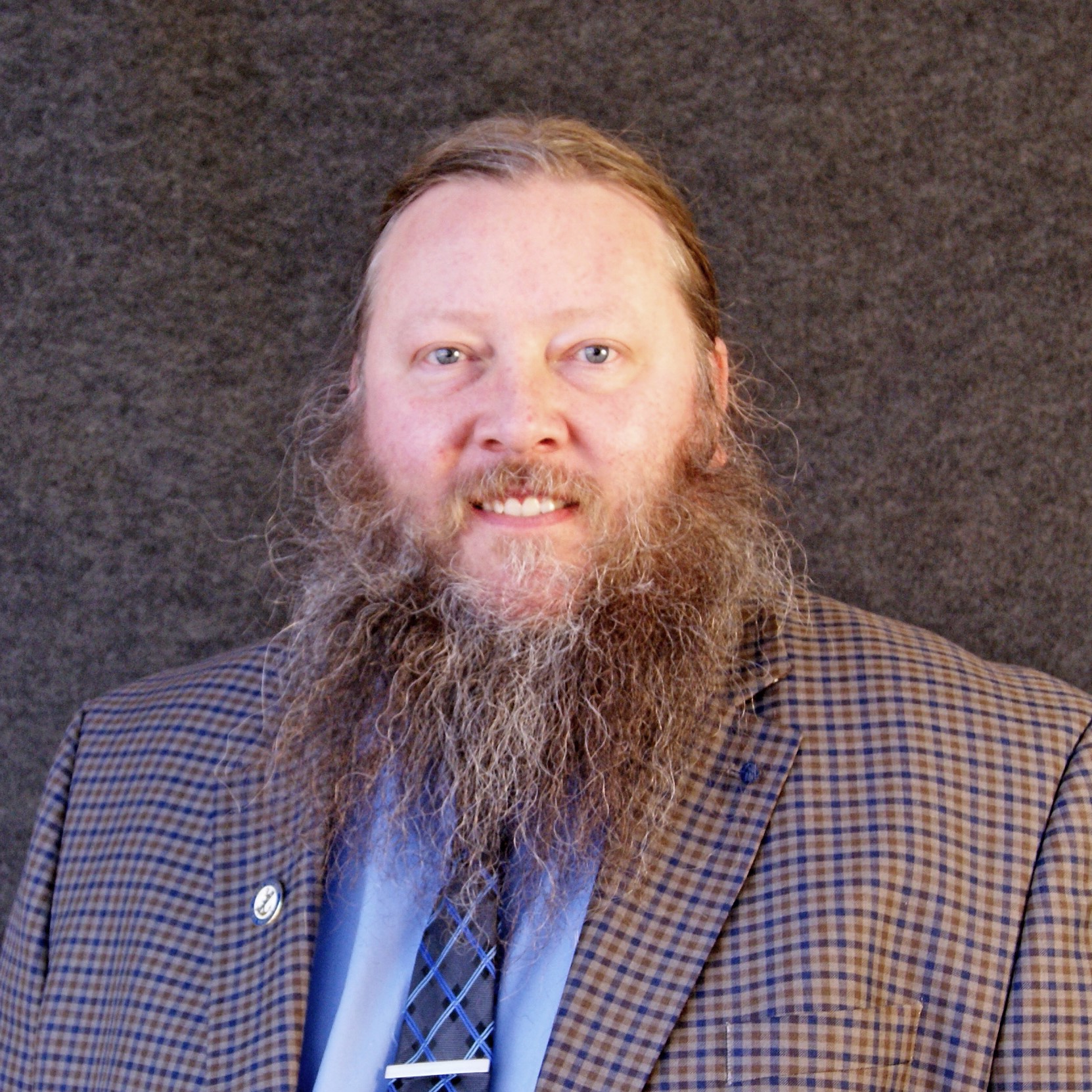
Dean, College of Science and the Environment, Lake Superior State University
It is my pleasure to introduce Dr. Steven Johnson from Lake Superior State University. Dr. Johnson earned his Ph.D. in chemistry from Michigan Technological University. He now serves as Dean for the College of Science and the Environment at Lake Superior State University and oversees the Cannabis Chemistry program and associated degrees.

CEO/President, Lion Labs
Ryan Ratzloff has been a part of the cannabis industry in Michigan since its early, caregiver-based days. With over 10 years of experience in growing, processing, and marketing cannabis-based products, Ryan and the Lion Labs Ltd organization have established a standard of excellence across several categories with their award-winning and successful brands: Element, Dream, and RISE. Ryan also brings 10+ years of CPG experience from his early career at PepsiCo.
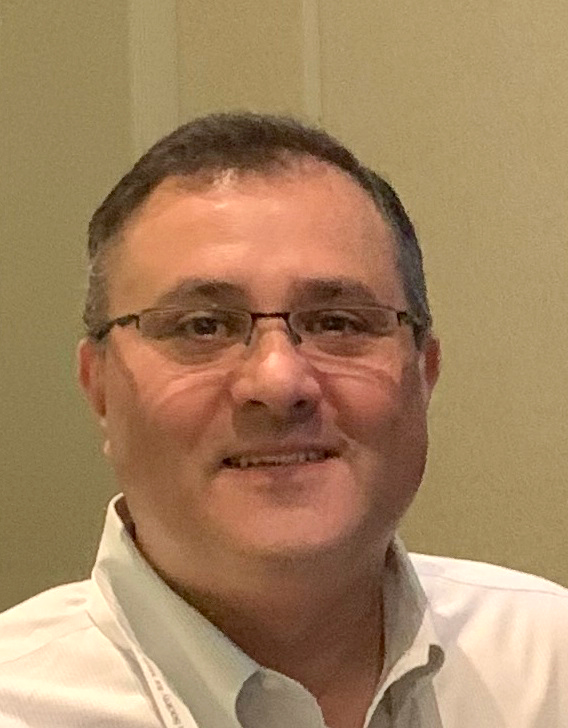
Strategic Technical Scientist, Agilent Technologies
Dr. Macherone leads a team of scientists for the development and deployment of analytical testing methodologies for cannabis and hemp products. Anthony has written extensively on cannabis testing, and contributed several chapters to books about cannabis. In June 2020, Anthony joined Cannabis Science and Technology®
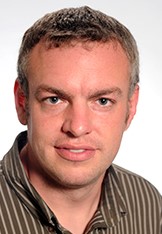
Associate Professor of Environmental Science, Lake Superior State University
Dr. Derek Wright is an Associate Professor of Environmental Science at Lake Superior State University. Dr. Wright earned his Ph.D. in Environmental Science from Rutgers University. He has over 20 years of experience with trace element analysis by ICP-MS, ICP-OES, MP-AES, and AAS.
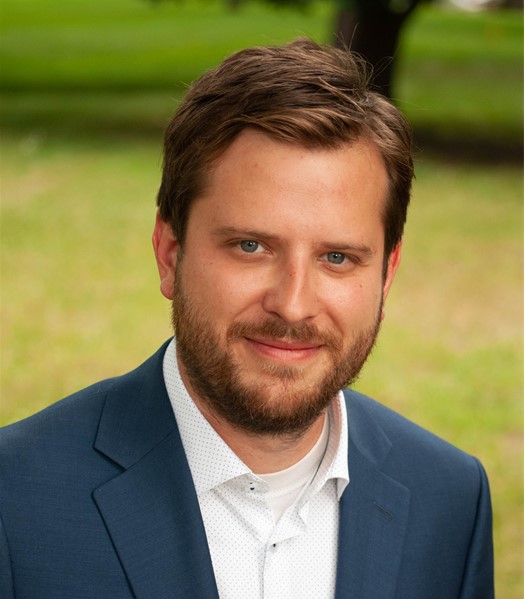
CEO, Cambium Analytica
Alexander Adams is the Co-Founder and CEO of Cambium Analytica, an analytical laboratory Traverse City, MI that is a full service provider of regulatory compliance testing, product research & development, and quality assurance / quality control services to the cannabis industry. He received a degree in Plant Biology from Michigan State University and has spent the past decade working in many areas of Michigan’s specialty crop agriculture industry.
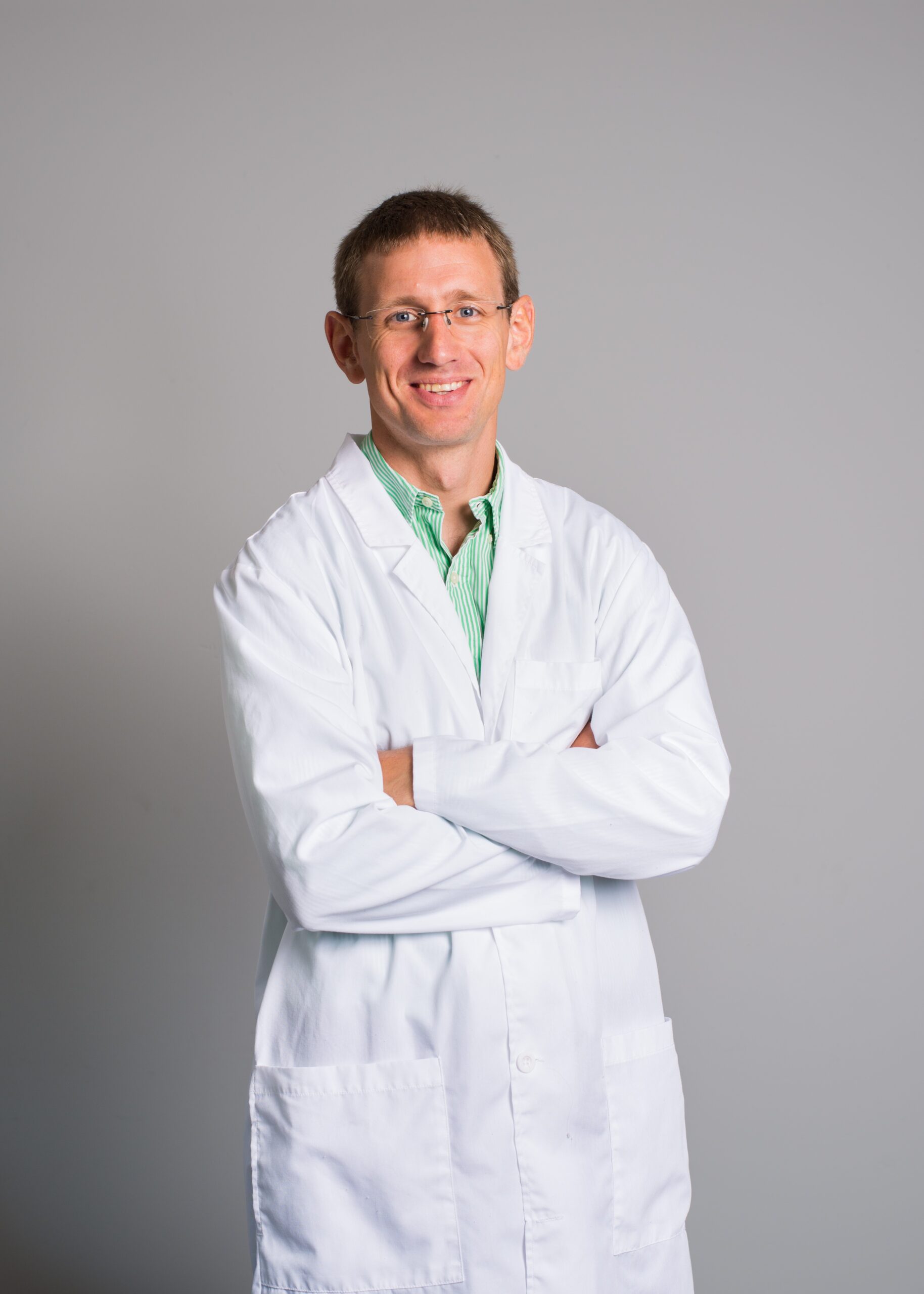
President/CSO, Delic Labs
Dr. Markus Roggen is President and Chief Scientific Officer of Delic Labs, a licensed cannabis and psilocybin research laboratory focused on extraction optimization, analytical testing, and process development. Delic Labs is one of a handful of research labs licensed for both cannabis and psilocybin in Canada.
Dr. Roggen received his PhD in organic chemistry from the Federal Institute of Technology in Zürich (ETHZ). His research was recognized with numerous awards.
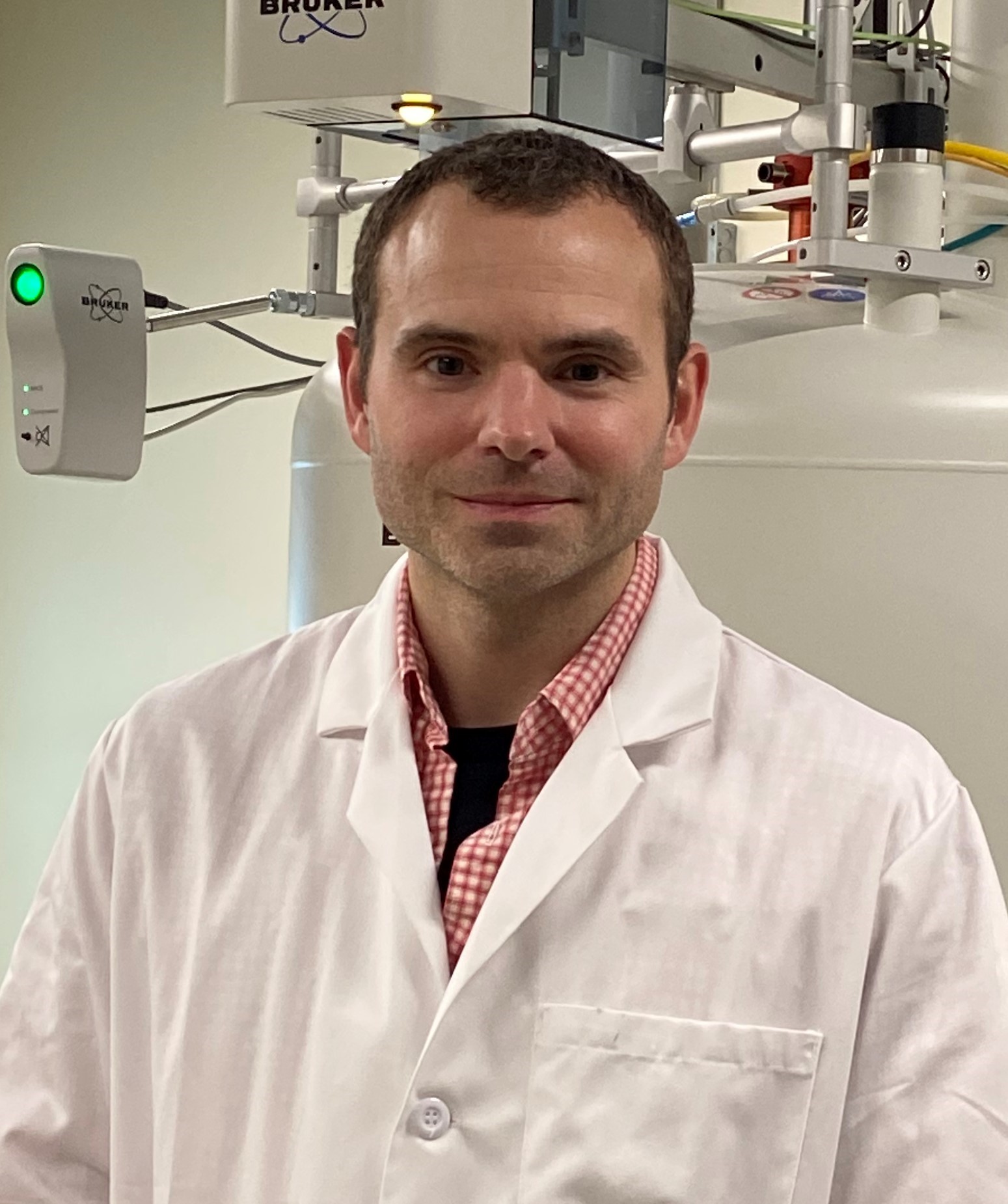
Associate Professor of Chemistry, Lake Superior State University
Adam Mosey earned his PhD in Chemistry from Michigan State University and completed a postdoctoral appointment at the University of Pittsburgh before joining Lake Superior State University as an assistant professor in 2012. His research background lies the areas of organic synthesis and drug development. He currently teaches courses in Organic Chemistry, Cannabis Chemistry, and Molecular Spectroscopy, and his current research interests involve reaction development, drug design, NMR method development, and methods of cannabinoid extraction and characterization.
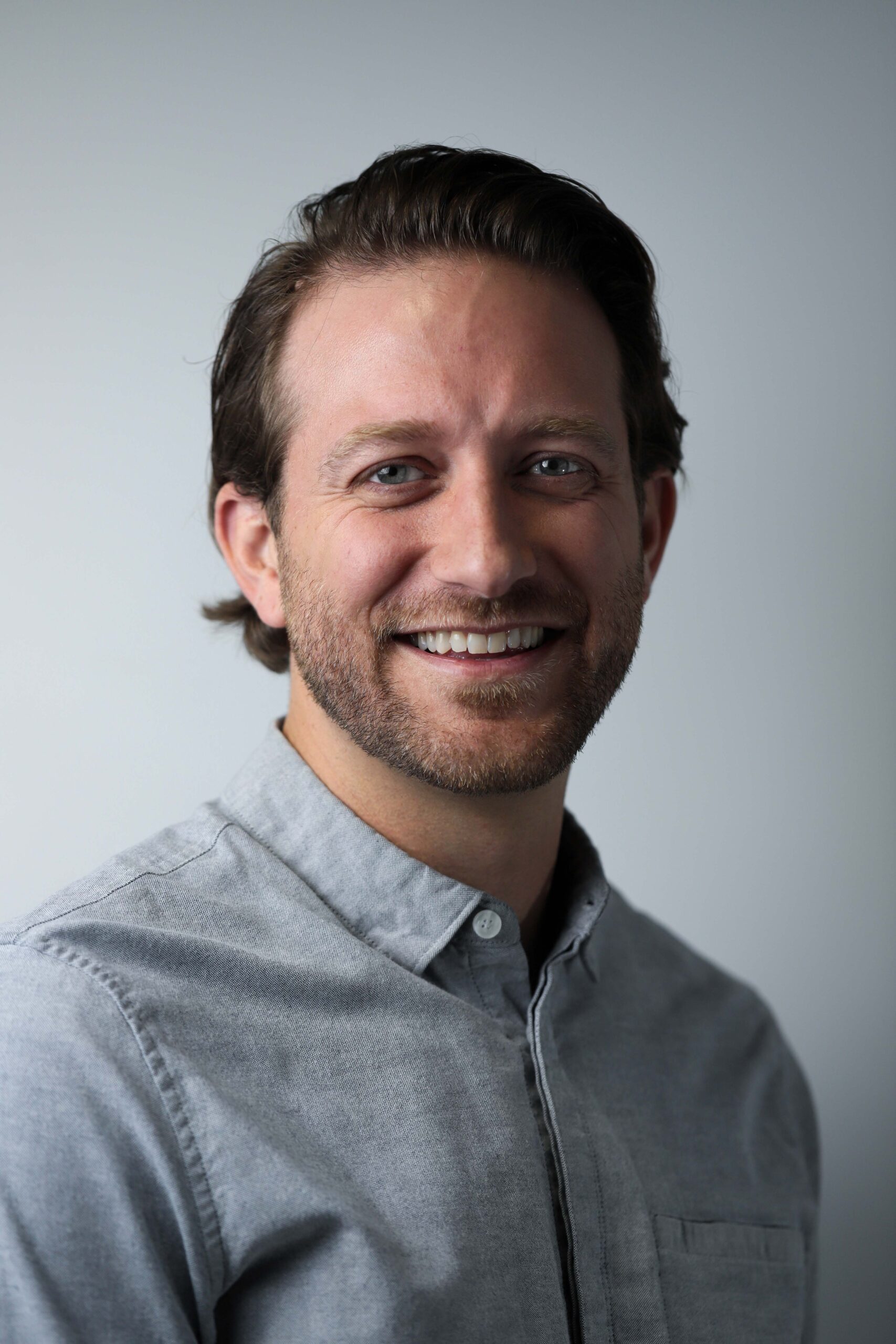
Chief Scientific Officer, Lion Labs
Prior to entering the cannabis space, Dr. Kane has a demonstrated history of working in preclinical research with a focus on cancer and stem cell biology and success in biotech sales focusing on preclinical radiation-based research systems. Since leaving the preclinical research space in 2018, Jonathan have taken the role as Co-Founder and Chief Scientific Officer at Lion Labs, a medical and adult-use state licensed cannabis processor located in Michigan. Jonathan received his PhD in Biomedical and Biological Sciences in 2016 from Oakland University.